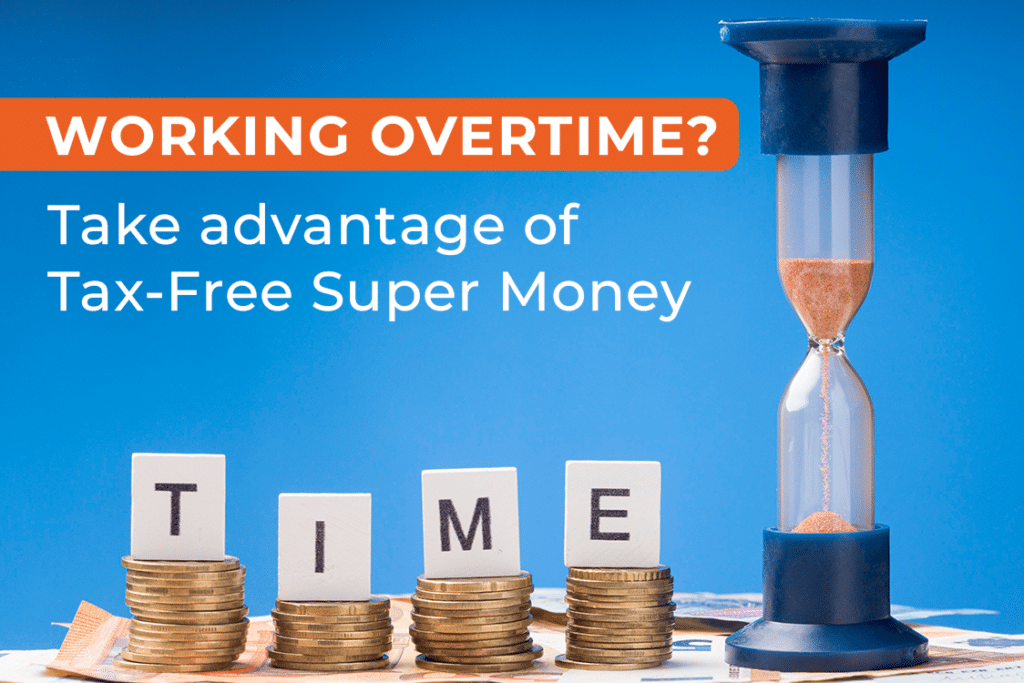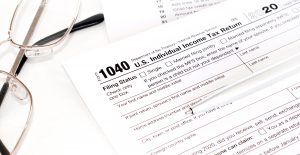Tax law often discriminates against company owners, granting them no or fewer fringe benefits.
But you, the owner, are not discriminated against when it comes to supper money.
It works like this:
- The supper money fringe benefit is for defined employees.
- The IRS supper money rule states that the term “employee” for this purpose means anyone who receives supper money.
That means you can take this benefit for yourself, even as a sole proprietor. You also qualify for this benefit if you operate your business as a corporation or a partnership.
Caution. Even though you, as the boss, technically meet the “employee” definition, we recommend that you use this rule for your personal meals only in situations where you also provide the meal allowance to other employees who stay late and work with you.
The Deduction
The supper money fringe benefit provides you and your employee(s) with tax-free meal money and gives you, the employer, a tax deduction for 50 percent of the meal money.
Example. You and your employee work overtime to complete a task. You take $56, and you give the employee $56 for dinner. If you meet the four rules below, then you as the employer deduct half of the $112. The $56 is tax-free to both you and the employee.
Two Things to Know
The supper money fringe benefit was 100 percent deductible before the Tax Cuts and Jobs Act (TCJA), which reduced the deduction to 50 percent for tax years 2018–2025.
What happens in 2026? It gets worse: the TCJA eliminates all tax deductions for supper money. The money remains tax-free to the employee, but not deductible by the business.
Four Rules for Success
The regulations allow supper money as an excludable fringe benefit when the benefit satisfies the following four conditions:
- You provide the benefit only occasionally.
- You pay no more than a reasonable amount.
- The meal enables the employee to work overtime.
- You do not calculate the benefit based on the number of hours worked. For example, a $30 allowance per hour of overtime is a no-no. You can’t do that. The way to provide the benefit is to give a discretionary meal allowance, such as $56.
Consequence of violation. If the payment of supper money does not meet the four rules, it is taxable compensation to the employee and subject to withholding and payroll taxes. (This makes for unhappy employees.) But the employer may be less unhappy because compensation creates a 100 percent deduction, albeit while also creating employer payroll taxes.




